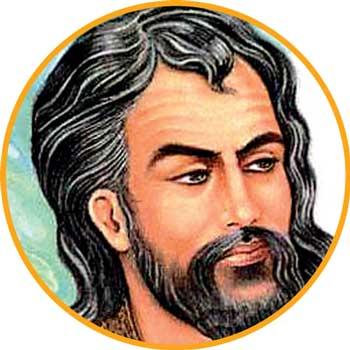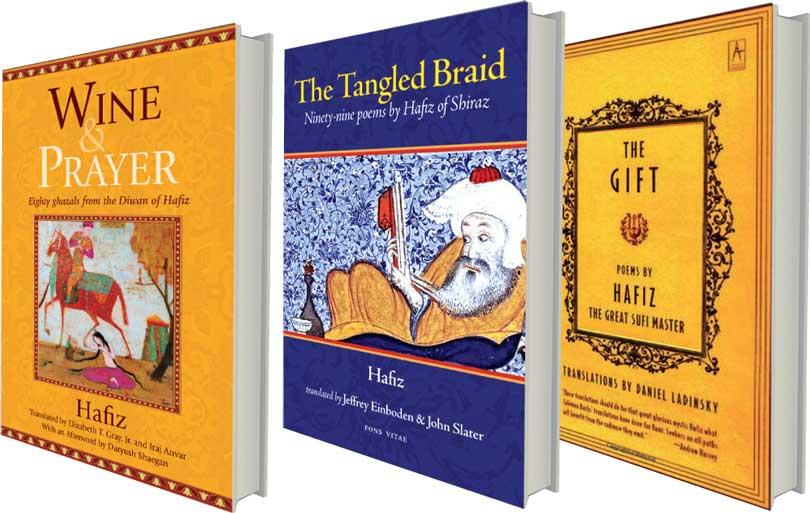Reply To:
Name - Reply Comment
 Relations between Sri Lanka and Iran date back to the Pre-Islamic era of the Persian Empire. In this context, the ‘Pathfinder Foundation’, has recently established the Hafez Centre for Cultural Understanding located at its headquarters at Riverpoint, Peliyagoda. The Centre has been set up with the purpose of studying, creating awareness, and promoting cultural understanding between Sri Lanka and Iran by focusing on the historical links, culture, customs, and traditions of these two ancient civilisations. Following is the speech made by the Ambassador of the Islamic Republic of Iran at the opening ceremony.
Relations between Sri Lanka and Iran date back to the Pre-Islamic era of the Persian Empire. In this context, the ‘Pathfinder Foundation’, has recently established the Hafez Centre for Cultural Understanding located at its headquarters at Riverpoint, Peliyagoda. The Centre has been set up with the purpose of studying, creating awareness, and promoting cultural understanding between Sri Lanka and Iran by focusing on the historical links, culture, customs, and traditions of these two ancient civilisations. Following is the speech made by the Ambassador of the Islamic Republic of Iran at the opening ceremony.
Khwāja Shams-ud-Dīn Muḥammad Ḥāfeẓ-e Shīrāzī is one of the most famous 14th century Iranian poets. He is commonly known as a poet while he is also a philosopher, intellectual and scholar.
 Hafez Shirazi’s Divan is one of the three significant works of Persian literature which holds a kind of sanctity. The other two works are Molana’s Masnavi and Ferdowsi’s Shahnameh.
Hafez Shirazi’s Divan is one of the three significant works of Persian literature which holds a kind of sanctity. The other two works are Molana’s Masnavi and Ferdowsi’s Shahnameh.
Hafez is known as “the mystic tongue”. Mystic tongue is related to Sufism which means the interpreter of secrets and the supernatural world. That’s why Hafez Divan is used as a fortune telling source.
Readers of Hafez works consider his Divan as their companion for loneliness and private moments. Hafez influences on readers’ inner world and calls them to ecstasy, rapture, beauty, love and inner peace. He is the herald of human freedom. Free from sorrows, people and worldly attachments. Through the poems of Hafez and Molana one can ascend and can rise and shine.
Due to such high spiritual and humane attributes, Hafez’s lyric poetry like a soaring bird traveled from Shiraz in South of Iran to the East in Herat, Samarkand, Calcutta, New Delhi and Bengal and to the West in Istanbul and Bosnia.
Goethe, famous German poet and Emerson, leader of the transcendentalist movement in US were influenced by Hafez. On the other hand, literature is the common language of all human beings and kindness, friendship and love are beyond language differences. Poetry, music, mysticism and arts are a window of opportunity to become free from worldly attachments and move to the supernatural world and reach transcendental joys. The world of politics is a rough and turbulent world which distances the people from each other. By contrast, the world of literature, poetry and arts removes such distances and through which we can show our peace loving nature to others. Many of such mystical works carry universal and humanitarian messages. Abu al- Hasan al- Kharaqani, an Iranian mystic 1000 years ago said:
“Feed and help anyone who knocks at my door no matter what faith they have. Since everyone whose life is worth to God for being alive, definitely deserves to be respected and fed by us.”
We need to bridge our rich cultural and literary heritage to what we have today and transfer these thoughts to the people. We hope establishment of the Hafez centre helps us achieve this goal in Sri Lanka.
